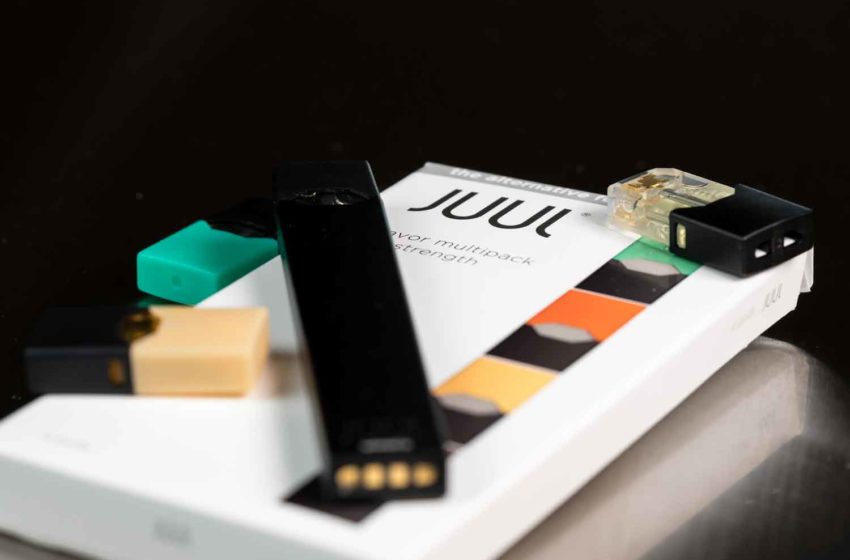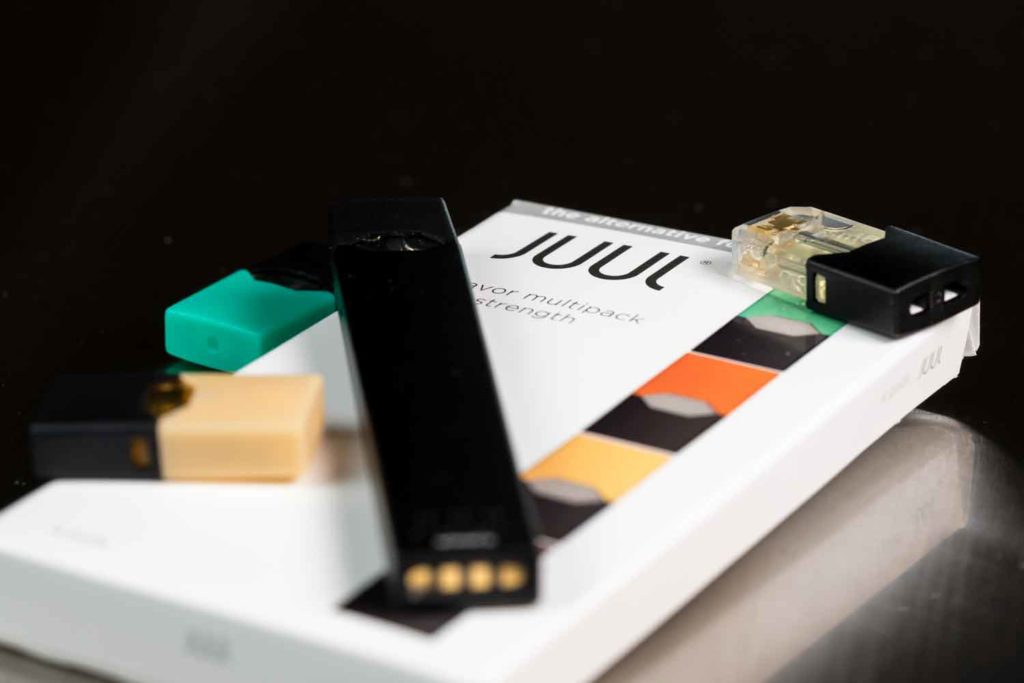
Kaival Brands Innovations Group appointed James P. Cassidy as a new member of its board of directors, according to a press release.
Cassidy joins the board of directors as part of Kaival Brands’ recently announced acquisition of an extensive vaporizer and inhalation technology patent portfolio from GoFire. Cassidy is an investor in, and serves as board advisor to, GoFire.
“We are excited to announce Jim Cassidy as our newest independent director,” said Eric Mosser, chief operating officer, president and a director of Kaival Brands. “Jim’s background as a private equity investor and advisor to growing companies not only in the tobacco space but within the consumer and healthcare spaces will be of tremendous value as we look to expand into new verticals and opportunities following our GoFire patent portfolio acquisition.”
Cassidy currently serves as the founder and CEO of Preposterous Holdings, a family-run private equity firm with offices in Asheville, North Carolina, USA, which he established in 2013. Cassidy has over 25 years of extensive experience and expertise as a private equity investor and advisor across several industries, including the key areas of tobacco, healthcare, consumer packaged goods and technology. Prior to his current roles, from 2000 to 2007, Cassidy was partner in the Strata Group, a wealth management advisory group at Smith Barney. He started his career in 1983 at UST, a tobacco business holding company, working in various roles in the government relations department and as director of corporate services.



















